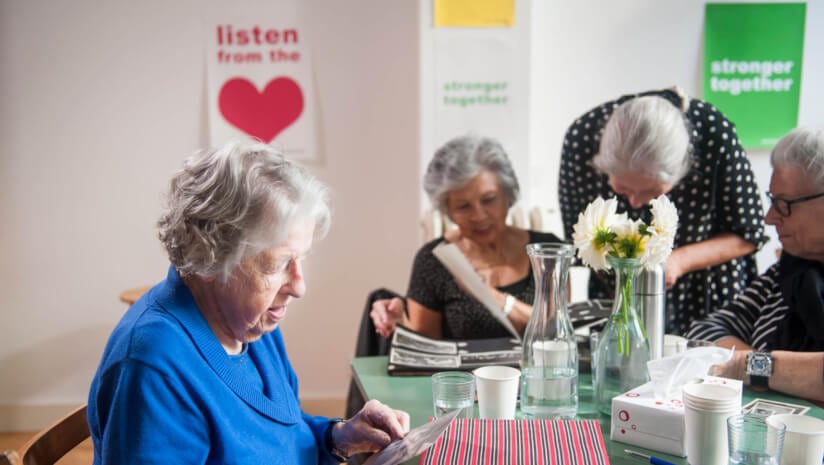Earlier this week, a funding announcement posted to the WHI website communicated that HHS intended to cut contracts with all four of the initiative’s regional data collection centers in September and possibly to the clinical coordinating center in January.
On Thursday, HHS issued a statement that WHI studies represent critical contributions towards better understanding women’s health.
“NIH remains deeply committed to advancing public health through rigorous gold standard research, and we are taking immediate steps to ensure the continuity of these studies,” reads the statement quoted by multiple news outlets.
“While NIH initially exceeded its internal targets for contract reductions, we are now working to fully restore funding to these essential research efforts. NIH remains deeply committed to advancing public health through rigorous gold standard research, and we are taking immediate steps to ensure the continuity of these studies.”
30 years of women’s health data
Launched in the 1990s by Bernadine Healy, MD, the first female director of the NIH, the Women’s Health Initiative was designed to fill a research gap on disease prevention in older women.
“At the onset, we had little information on postmenopausal women,” Connie Weaver, PhD, a leading expert in women’s health nutrition science and distinguished professor at San Diego State University, told NutraIngredients.
“Women had been largely understudied as every biomedical study eliminated women thinking hormonal changes during menses in premenopause or hormonal shifts during menopause would confound the results of the intervention (such as determining effectiveness of a drug on preventing or treating heart disease, cancer, etc.). This was the largest randomized clinical trial in women to ever be funded as a step toward rectifying that.”
In the last 30 years, it has collected data from over 161,000 postmenopausal women and enabled over 2,400 scientific publications to inform clinical practice and public health policy. The centers continue to follow more than 42,000 participants between the ages of 78 and 108.
Findings from the project uncovered the risks of using certain kinds of hormone therapy for menopause, helping to prevent an estimated 126,000 breast cancer diagnoses. Its clinical trial on calcium and vitamin D reported that neither was beneficial to bone health, an outcome that Dr. Weaver said was problematic and led to much confusion initially.
“It wasn’t until years later when Ross Prentice reanalyzed the results adjusting for self-selected supplementation and compliance that the large benefit of calcium and vitamin D to preventing hip and other fractures became clear,” she said. “Similarly, alarm over kidney calcification during the original trial has since been attenuated. It is the ability to go back and analyze the data later in different ways as in this example that makes this large trial so valuable and in need of continued support.”
The WHI database and bio sample repository remains the largest source for further study of women’s health.
‘Mission critical for women’s health’
News of the funding cuts generated a flurry of comments across the mainstream press and social media, with stakeholders calling the decision “shortsighted and tragic”, “heartbreaking” and responsible for “a devastating loss to women’s health”.
WHI said that its investigators, collaborators, and participants “remained committed to protecting the integrity of the research, ensuring continued progress in understanding the health and aging of postmenopausal women” in areas such as frailty, vision loss, dementia, mental health and social isolation, as well as the modifiable lifestyle factors that influence these aspects.
In a LinkedIn post published Thursday evening, HHS Secretary Robert F. Kennedy responded by calling the media coverage of the defunding “fake news” and said that the administration would not be terminating the initiative.
“NIH Director Dr. Jay Bhattacharya has himself used this study in his own research,” he posted. “We all recognize that this project is mission critical for women’s health.”



